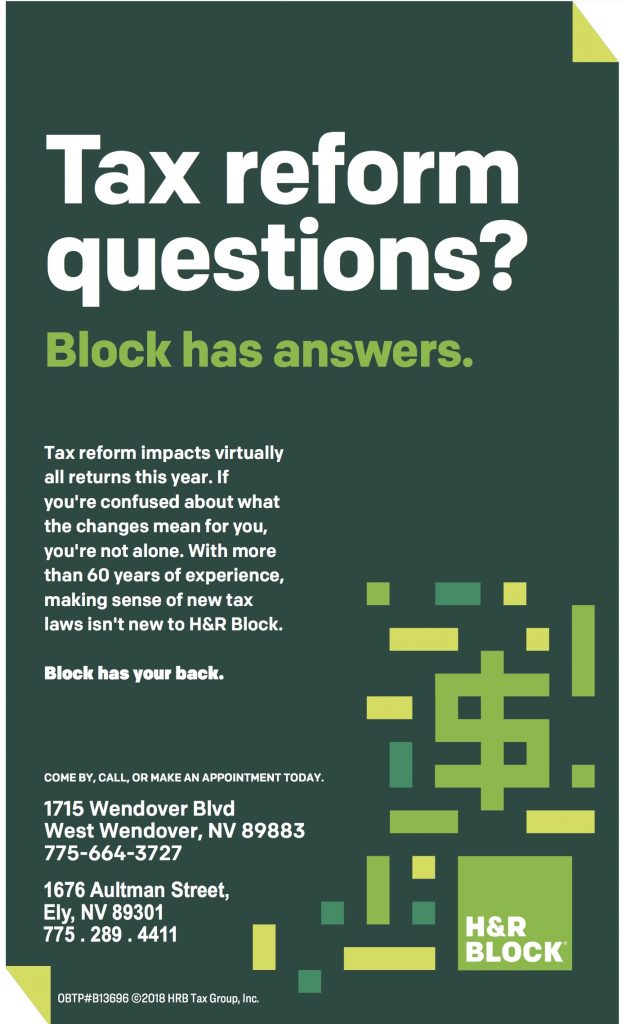Open Letter to the Public about SB143From White Pine County Sheriff Scott Enriod
Sheriff Scott Enriod








New Medicare Proposal Puts Chronic Disease Patients in Jeopardy
By Kenneth E. Thorpe Roughly 40 million Medicare beneficiaries suffer from at least two chronic diseases. A new proposal from the Trump administration could result in worse outcomes for their conditions.
The Department of Health and Human Services wants to alter Medicare “Part B,” the federal health insurance program that covers medicines administered by physicians. The changes could restrict patients’ access to dozens of advanced therapies for cancer, rheumatoid arthritis, and other debilitating conditions.
One major change would affect how these medications are distributed. Right now, doctors purchase medicines, store them, administer them to patients, and then seek reimbursement from Medicare. Under HHS’s proposal, private-sector middlemen would be responsible for purchasing drugs in bulk and distributing the medicines.
In other words, middlemen — not doctors with years of medical expertise and valuable face-to-face patient interaction — would be responsible for ensuring patients have timely access to critical medications.
Patients would almost certainly face treatment delays. That’s what happened when HHS established a similar pilot program from 2006 to 2008 that relied on such middlemen. Doctors sometimes didn’t receive medicines on time, which was one reason the program shut down.
Another major change would affect how Medicare pays physicians for participating in Part B. Right now, doctors receive a markup equal to 4.3 percent of a drug’s average sales price. This helps cover storage and overhead costs.
Under the new proposal, doctors would receive a flat fee for administering Part B medicines. This flat fee would be lower than the markup many doctors currently receive. By effectively cutting reimbursements, the HHS proposal could make participating in Part B a money-losing proposition for physicians.
Many physicians already struggle to keep their doors open. When the government cut reimbursements by just two percentage points in 2013, half of oncologists had to turn away patients and direct them to different facilities for treatment.
Cutting off patients’ access to lifesaving treatment could actually increase future health spending. This year, the United States will spend about $3.5 trillion on health care — 90 percent of that sum will be spent treating chronic disease.
The chronic disease epidemic is poised to worsen in the coming years. By 2050, the nation could spend up to $6 trillion each year battling chronic conditions.
To shrink this spending, we must prevent people from developing chronic conditions or treat those conditions before patients fall gravely ill.
Medicare beneficiaries who receive consistent treatments and visit the doctor regularly have lower rates of hospital utilization, emergency room visits, fewer complications, and overall lower costs of care per episode.
Tens of millions of Americans currently suffer from chronic diseases. And they’ll suffer for years to come if HHS proceeds to restrict access to medicines.
Kenneth E. Thorpe is a professor of health policy at Emory University and chairman of the Partnership to Fight Chronic Disease.




